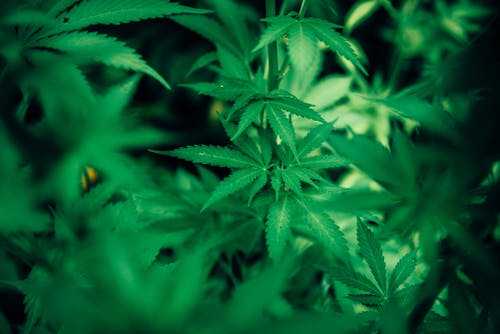Recent years have seen the inclusion of terpenes in the lexicon of cannabis-related words alongside cannabinoid, indica, and sativa. Added to the list of cannabinoid compounds discovered in cannabis. You may be wondering, “But what precisely are terpenes?” Also, how important is it to know a product’s cannabis strains and potency levels before you buy it?
What are terpenes?
It’s common knowledge that terpenes can be found in plants and mammals. You can thank them for plants’ aromas, flavors, and even hues. BelCosta Labs customised terpene reports and any other lab tests are responsible for both the aroma and taste of many cannabis strains. It is possible to transform them into detergents, insecticides, and dyes. Many have healing properties.
What exactly do they do?
Plants use terpenes as a defense agent against predators and the environment. It’s unclear what they’re up to. Cannabis researchers and consumers use terpenes to categorize products and anticipate their effects.
A strain’s terpene profile, which is the dominant terpenes, works in tandem with its cannabinoid content, which is the amount of cannabidiol (CBD), tetrahydrocannabinol (THC), and other cannabinoids, to produce the effects that people associate with different strains which can be aided by an accurate cannabis testing lab in California.
For example, they might shed light on the discrepancy between the effects of two strains containing the same total quantity of THC.
Do they give you a high?
It’s important to note that terpenes won’t get you “high” in the conventional sense. Because they influence the mind, some substances are labeled as psychoactive. While terpenes are not psychoactive, they may affect the cannabinoid THC, which is responsible for the psychoactive effects of cannabis.
Customers place too much importance on THC content, according to several cannabis experts and budtenders. Instead, they suggest zeroing in on a particular terpene profile to get the job done.
Some terpenes, researchers say, show promise in treating mental health conditions like anxiety, depression, and bipolar disorder.
Why is a lab test for terpenes important?
It is challenging to foretell the final terpene profile of the product regardless of the strain harvested. Both hemp and cannabis contain terpenes, albeit the concentration of these compounds varies greatly depending on factors such as growing conditions and the maturity of the plants. The terpene profile may also vary based on whether the terpenes come from the flower or the extract.
Some research suggests that using terpenes in flowers can lead to more consistent potency results. A significant loss of terpenes occurs when cannabis is cooked during the extraction process, resulting in an end product that lacks the whole phytochemical profile of the plant.
Many people may require the full plant profile to find relief from their symptoms, so it’s essential to have a thorough knowledge of what your finished product or flower consists of. Because of this, you may emphasize terpenes in your advertising and teach consumers why they would want to test your product despite the risk of an allergic reaction. Visit this page to learn more https://belcostalabs.com/services/cannabis-testing/potency-testing/.
Conclusion
Terpenes modify the flavor and aroma of cannabis strains. They might complement cannabinoids and other cannabinoids in cannabis to heighten the high. It’s not just the cannabinoids and terpenes in cannabis that can alter one’s mood; one’s physiology, previous cannabis use, and surrounding environment can all play a role. While terpenes are only a small piece of the jigsaw, they may provide a fun way to try new stuff and find out what you like.












